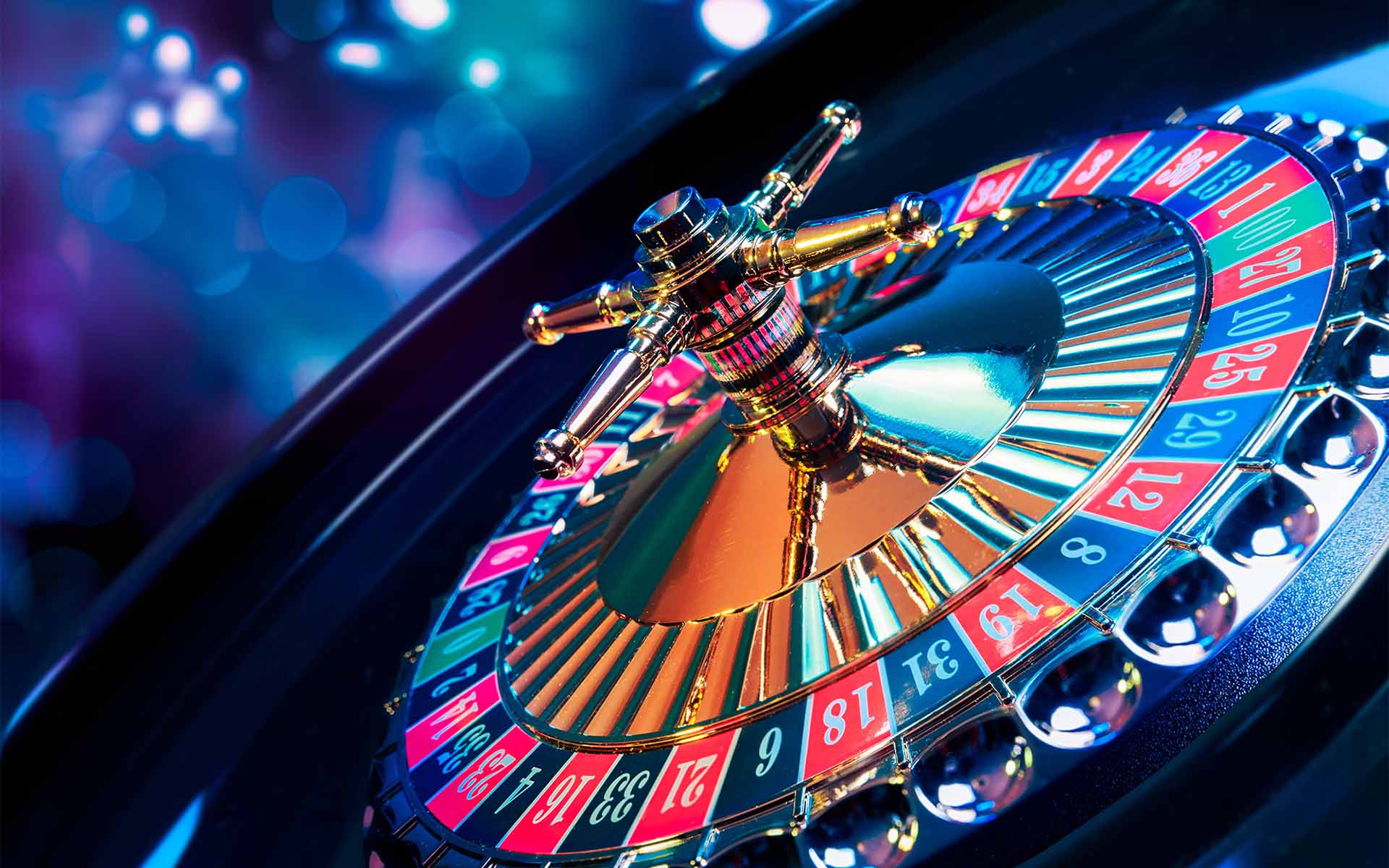The Relationship Between Casino Activities and Math

Gambling games have captivated gamblers for centuries, luring them into a universe of excitement, fortune, and wealth. From the blinking lights of gambling machines to the tactical action of card tables, these games offer a distinct combination of entertainment and risk. However, beneath the facade of this sparkle and style lies a sophisticated relationship of math that determines every result and choice made within the gambling establishment.
Grasping this relationship between gaming activities and math not just improves the player’s journey but also can help gamblers make wise decisions. Whether you are a occasional punter or a dedicated fan, recognizing the mathematical principles at play can give valuable knowledge into likelihood, ratios, and approaches, eventually influencing how one deals with these games of chance.
Mathematical Likelihood in Gambling
In the world of casino games, statistical probability plays a vital role in assessing results and guiding player decisions. BJ88 Every activity has a unique set of regulations and a specific likelihood framework that affects its dynamics. For instance, in games like the roulette wheel, players must comprehend the odds of choosing a specific digit or shade. The likelihood of certain events occurring can be assessed, and this understanding can substantially affect betting strategies.
Gambers also need to be informed of the casino advantage, which is the statistical advantage that casinos hold over players in the long term. This edge differs across different games. In blackjack, expert players can use tactics to minimize the house advantage to as low as 1 %, while in games like slots, the casino edge can be significantly greater. Understanding the casino advantage allows gamblers to make wise choices about which games to play and the amount to bet.
Moreover, likelihood is crucial in the principle of risk versus reward in gambling. Each wager carries a certain risk factor, and players must assess the potential return against that risk. Games like poker require gamblers to not only assess the odds of their personal showing winning but also to assess the probabilities of their rivals’ hands. By utilizing mathematical principles to their gameplay, players can improve their chances of success and engage more effectively in the thrilling realm of casino games.
Expected Value in Casino Games
When talking about gambling games, one of the fundamental ideas rooted in math is the anticipated worth. This numerical measure helps gamblers understand the possible results of their bets over a period. In basic terms, expected value (EV) calculates the mean amount a player can expect to win or suffer per wager if they were to play the game many times. Each game has its own EV, influenced by the odds and the house edge, which indicates the benefit that the casino holds.
For example, think of a activity like roulette. Tải app BJ88 The expected worth can be calculated based on the particular wager placed. If a player bets on a individual number, the return is 35 to 1, but the actual odds of success that bet are 1 in 37 (in Euro the roulette game). This leads in a negative anticipated value, indicating that, on average, gamblers will lose money over time when playing this type of bet. Grasping this idea allows players to make more informed choices about which games and wagers may be less advantageous.
Furthermore, the investigation of anticipated worth can lead to improved money management. Gamblers who comprehend the mathematics behind their games are often able to set realistic expectations. By acknowledging their possible deficits and gains, they can adjust their playing strategies accordingly, which may improve their total gaming experience. As a result, expected worth serves as a crucial resource for both novice and seasoned players to navigate the frequently volatile nature of gambling activities.
Strategies and Odds: The Math Behind Success
In gaming establishments, understanding the probabilities is crucial for gamblers seeking to maximize their likelihood of winning. Each activity has its own specific set of probabilities that dictate successful outcomes, and these statistics are often found in the rules of the game rules or reward charts. For case, in activities like 21, participants can improve their chances through tactics such as tracking cards, which is based on math principles to gain an upper hand over the establishment. By familiarizing themselves with the probabilities, gamblers can make more knowledgeable determinations on when to wager and when to give up.
Moreover, the principle of expected value has a major part in gaming tactics. Average outcome assesses the mean outcome of a wager over a period, allowing gamblers to judge whether a certain bet is valuable taking. For instance, slot machines have a set payout percentage, which can suggest the typical return a player can look for on their wagers. By choosing games with better payout percentages, players can minimize the house edge, enhancing their possible rewards in the long run.
In conclusion, successful gamblers often employ a combination of chance and calculative tactics to boost their gaming experience. While chance is uncontrollable, managing a staking plan based on calculative ideas can lead to more advantageous situations. By utilizing techniques such as budgeting and picking games, players can apply math to handle the random nature of gambling activities, making the most of their investments and money at the casino.
